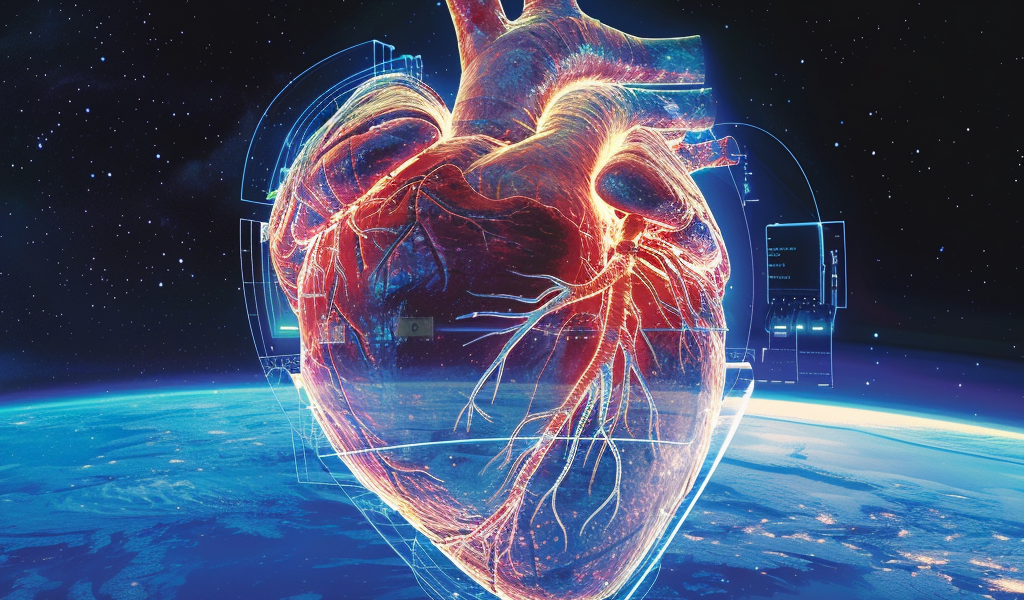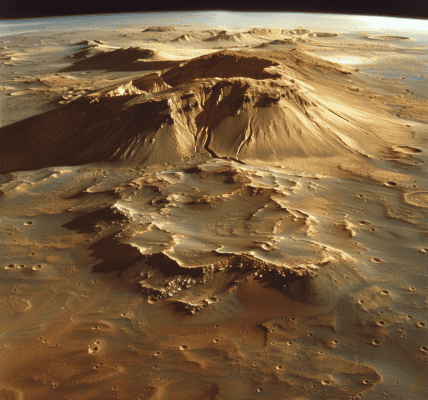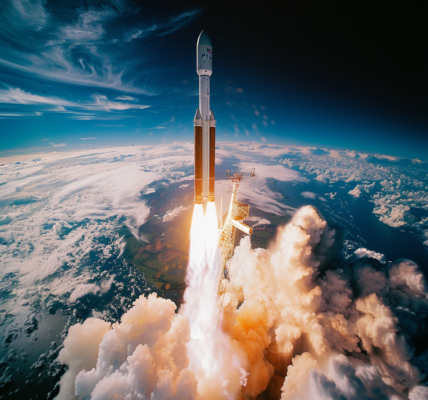In a groundbreaking study, researchers from Johns Hopkins University have uncovered significant insights into the effects of space travel on heart health. This investigation was prompted by the pressing question of how microgravity impacts astronauts’ cardiovascular systems during extended missions. To explore this, the team sent 48 bioengineered heart tissue samples to the International Space Station (ISS) for a month-long observation, comparing them to similar samples cultivated on Earth.
The findings revealed alarming results: heart cells in microgravity exhibited a contraction strength, referred to as twitch forces, that was only half as strong as their Earth-bound counterparts. This discovery aligns with previous research indicating that astronauts often experience diminished heart muscle function and arrhythmias—irregular heartbeats—upon returning to Earth. While some of these cardiovascular issues may subside over time, others persist, raising concerns for future long-duration space missions, such as potential expeditions to the Moon and Mars.
Deok-Ho Kim, a professor of biomedical engineering and medicine at Johns Hopkins University School of Medicine, spearheaded this innovative project. Alongside his then-Ph.D. student Jonothan Tsui, Kim developed the bioengineered heart tissues using human induced pluripotent stem cells (iPSCs). These stem cells were cultivated within advanced ‘organ-on-a-chip’ devices, which are miniature models designed to replicate the functions of various organs. In this study, the 3D chip mimicked an adult human heart, fitting within a chamber that is half the size of a standard cell phone.
The implications of this research are profound, particularly as humanity prepares for longer space missions. Understanding how the heart responds to the unique conditions of space will be crucial in developing strategies to protect astronauts’ health during extended periods away from Earth. As space exploration advances, ensuring the well-being of crew members will be a top priority.
This study also highlights the importance of continued research in the field of space medicine. By investigating the biological effects of space travel, scientists can better prepare for the challenges that lie ahead in human space exploration. The data gathered from the ISS will not only contribute to the understanding of cardiovascular health in space but may also provide insights applicable to medical treatments on Earth.
As space agencies and private companies set their sights on ambitious missions beyond low Earth orbit, the health of astronauts remains a critical concern. The findings from Johns Hopkins University serve as a reminder of the complexities involved in human spaceflight. The research community is now tasked with addressing these challenges to ensure that future explorers can embark on their journeys with a greater understanding of the risks involved.
In summary, the effects of microgravity on heart health are becoming increasingly clear, with research indicating that heart tissue does not perform optimally in space. As scientists continue to unravel the mysteries of human physiology in extraterrestrial environments, the knowledge gained will be invaluable for the future of space exploration and astronaut health.





